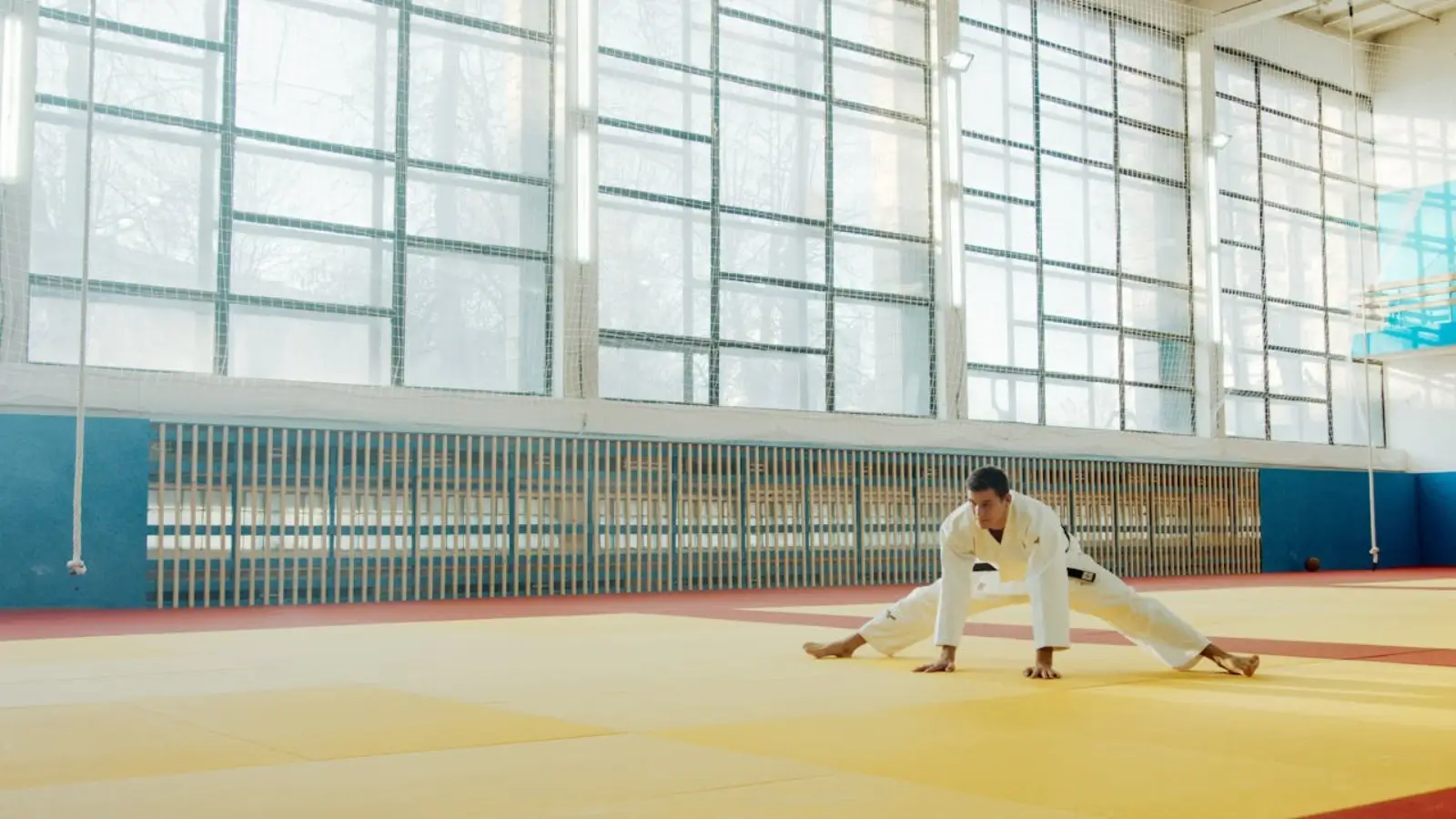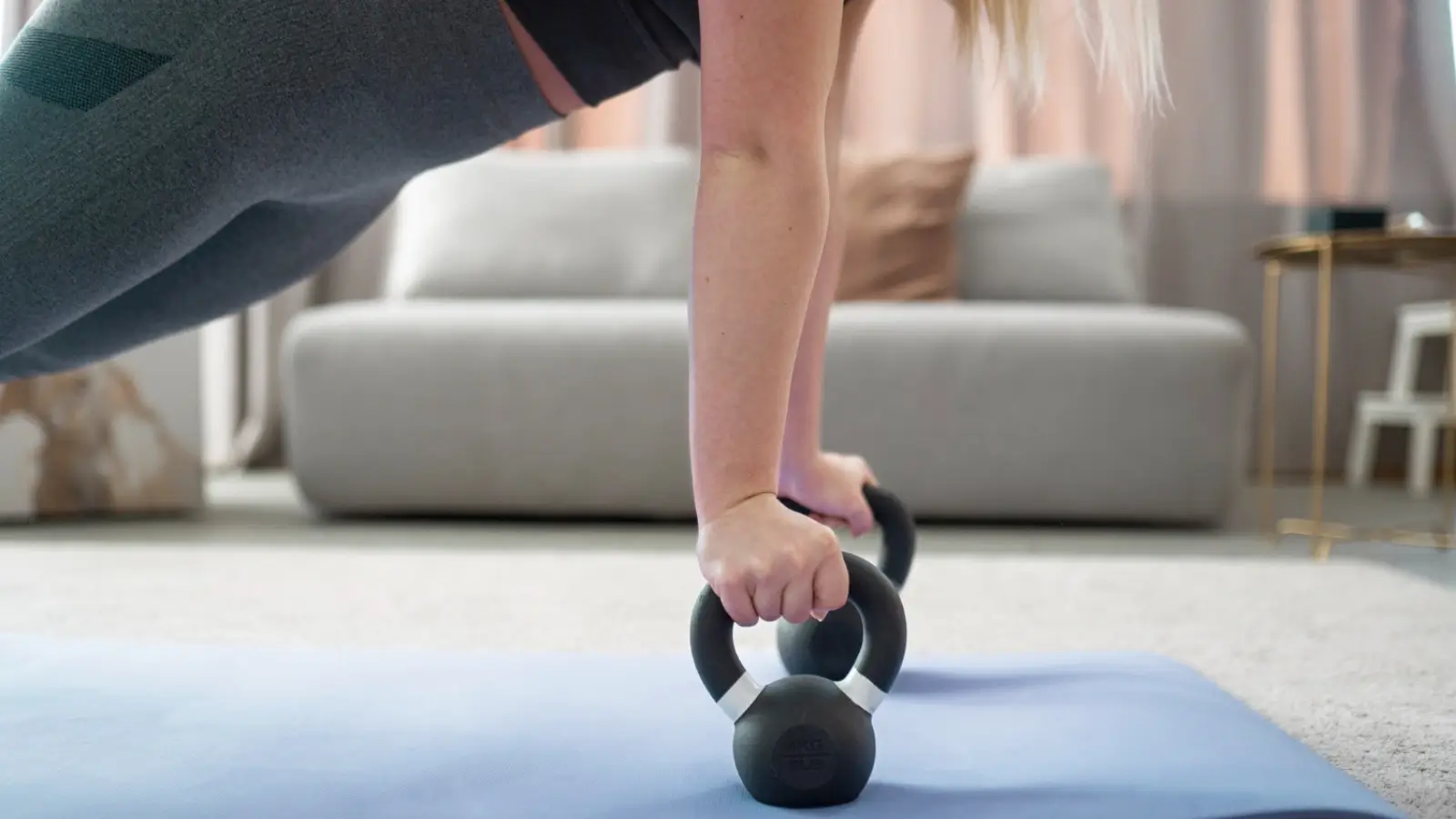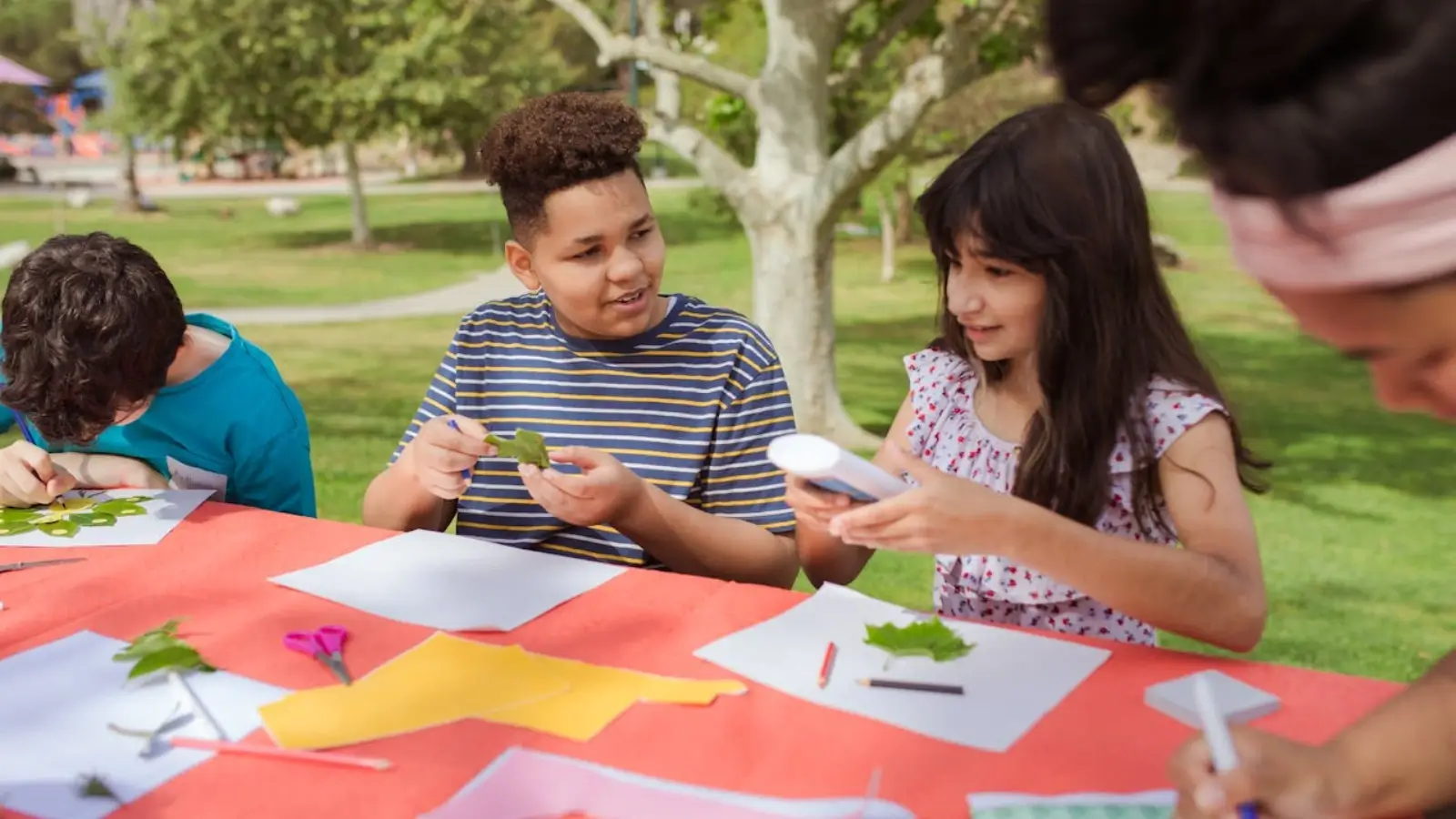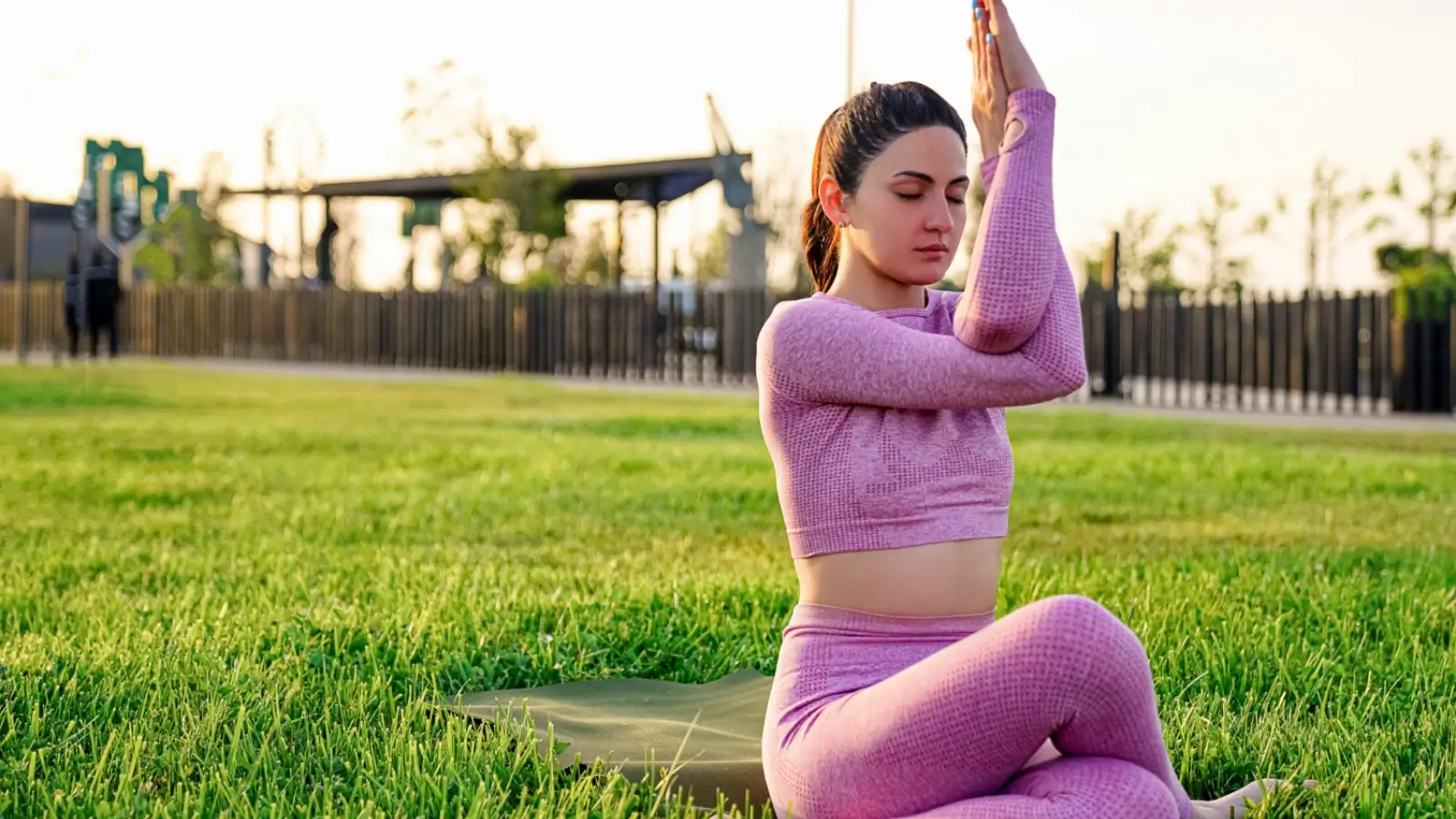Introduction
In a world defined by long work hours, digital distractions, and high-stakes responsibilities, adults often find themselves searching for healthier ways to manage stress. Traditional approaches such as exercise, mindfulness, and therapy certainly help, but an unexpected candidate has been quietly transforming lives: martial arts training. More than just physical combat techniques, martial arts embody a philosophy of discipline, presence, and self-mastery that directly challenges the way adults respond to stress and conflict. But can stepping into a dojo truly rewire the way we handle life’s pressures?
Stress as a Modern Epidemic
Stress is no longer an occasional inconvenience. For many adults, it is a constant state of existence, manifesting as burnout, sleeplessness, or even chronic illness. Unlike children, adults are rarely encouraged to play, explore, or discharge tension through physical activity. Instead, they internalize stress, allowing it to shape their decision-making and interactions. The question, then, is not whether stress affects adults, but how they can learn healthier ways to process it.
The Mind-Body Connection of Martial Arts
Martial arts practice emphasizes controlled breathing, focus, and movement under pressure. This balance between mind and body introduces a new framework for adults to experience stress. For example, learning to remain calm while a partner throws a punch or while sparring in a controlled setting mirrors the physiological stress response adults encounter in high-pressure meetings or heated arguments. By training under physical pressure, practitioners learn to lower their heart rate, control their breathing, and respond with clarity instead of panic. This recalibration of the nervous system is a skill that naturally extends beyond the dojo.
Reframing Conflict Through Practice
Conflict, whether in personal or professional life, often escalates because of uncontrolled emotions. Martial arts offer a paradoxical approach: instead of avoiding conflict, adults practice engaging with it directly but respectfully. In sparring sessions, the opponent is not an enemy but a teacher. Each exchange becomes an opportunity to test patience, timing, and control. Over time, adults begin to reframe conflict as a dialogue rather than a battle, a lesson that transforms the way they handle difficult conversations outside of training.
Emotional Regulation and Self-Mastery
One of the hidden lessons of martial arts is learning that emotions are not obstacles but signals. Anger, fear, and frustration naturally arise during training, particularly when techniques do not come easily or when facing a stronger opponent. Adults, conditioned to suppress such emotions, instead learn to acknowledge them, channel them into movement, and release them. This practice of emotional regulation, developed in a safe and structured environment, becomes a transferable skill in everyday life. Arguments with colleagues, parenting struggles, and even internal self-criticism begin to shift in tone once emotional mastery becomes second nature.
Stress Reduction Through Community
Unlike solo fitness routines, martial arts are inherently communal. Adults often find themselves supported by a group of peers who share similar struggles and goals. This sense of community builds resilience against stress by creating a network of accountability and belonging. When stress arises outside of training, many adults recall the camaraderie of their peers, drawing on that collective strength as a buffer against isolation.
Martial Arts as Moving Meditation
Modern mindfulness practices ask adults to sit still and observe their breath, but for many, this is frustrating and unattainable. Martial arts provide an alternative form of meditation in motion. Katas, forms, or repetitive drills demand full concentration, silencing intrusive thoughts through physical presence. For adults who struggle to quiet their minds, this embodied mindfulness becomes a doorway into stress relief, offering the same neurological benefits of meditation without requiring stillness.
Beyond the Dojo: A Transformed Response
The long-term effects of martial arts training ripple into everyday adult life. Stressful deadlines no longer feel paralyzing, because practitioners have rehearsed composure under pressure. Interpersonal conflicts no longer ignite uncontrollable anger, because practitioners have practiced restraint and empathy in sparring. Even internal conflicts—self-doubt, perfectionism, or anxiety—are softened through the discipline of returning to the mat, failing, learning, and trying again.
Conclusion
The question of whether martial arts can rewire the way adults manage stress and conflict is answered not only in theory but in lived experience. Martial arts are more than fighting techniques; they are systems of training that reshape the nervous system, foster emotional regulation, and reframe conflict into growth. For adults overwhelmed by the pace of modern life, martial arts offer a path toward resilience that integrates body, mind, and community. In this way, the practice provides a profound and practical toolkit for navigating life’s inevitable challenges—including the practice of karate for adults.
















